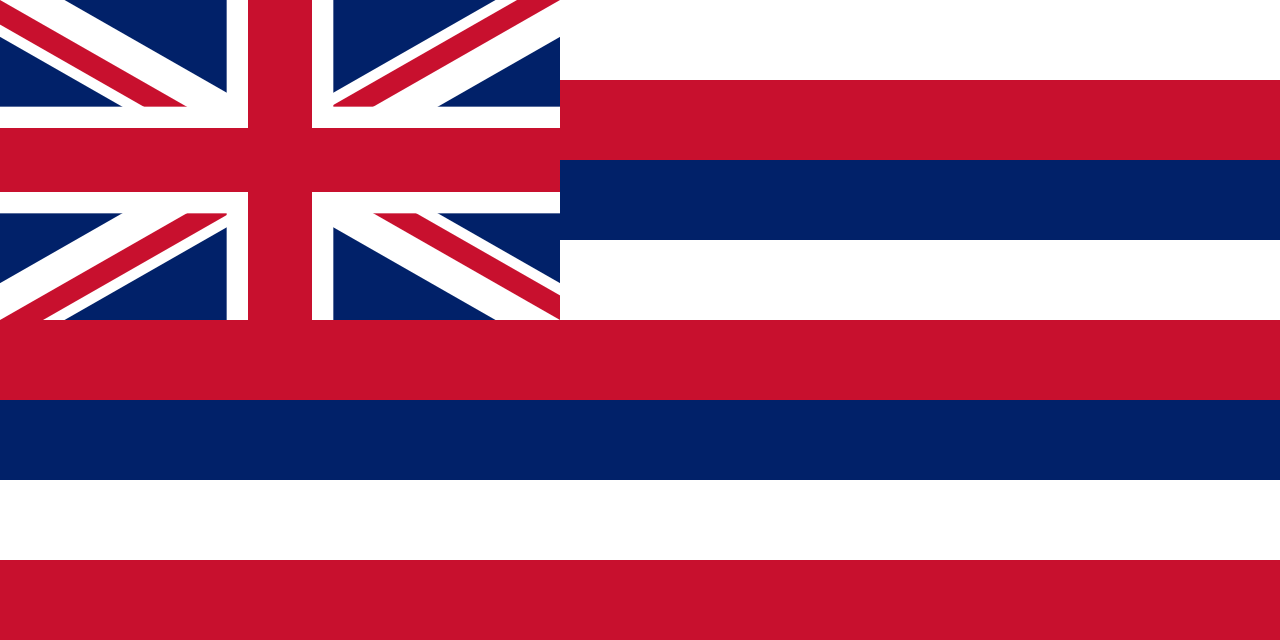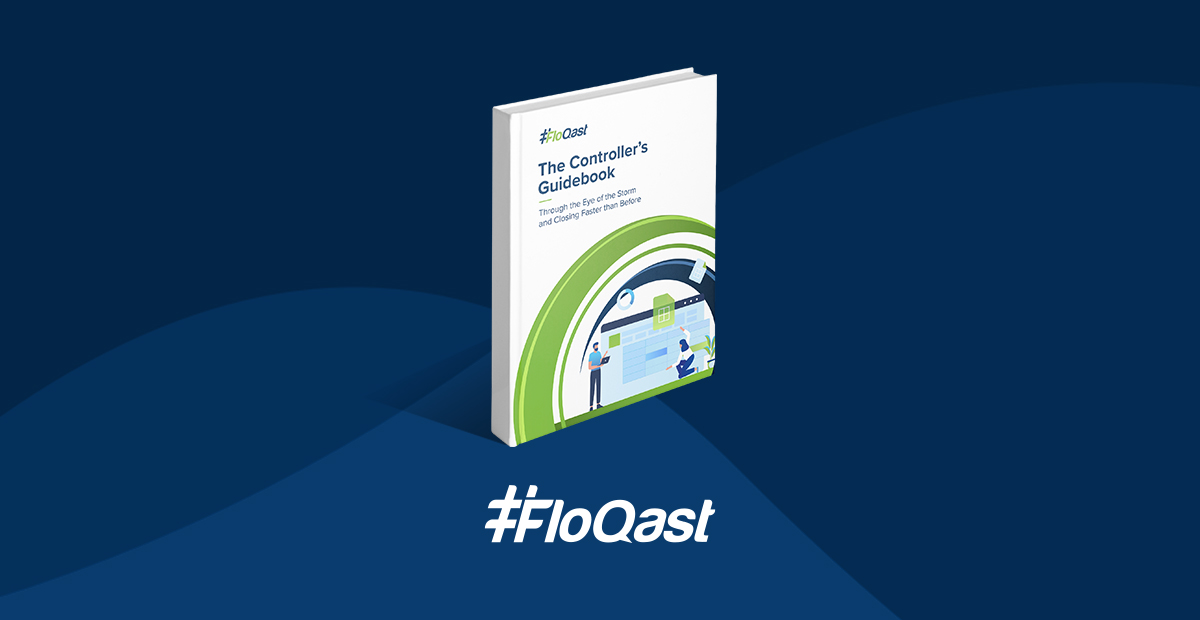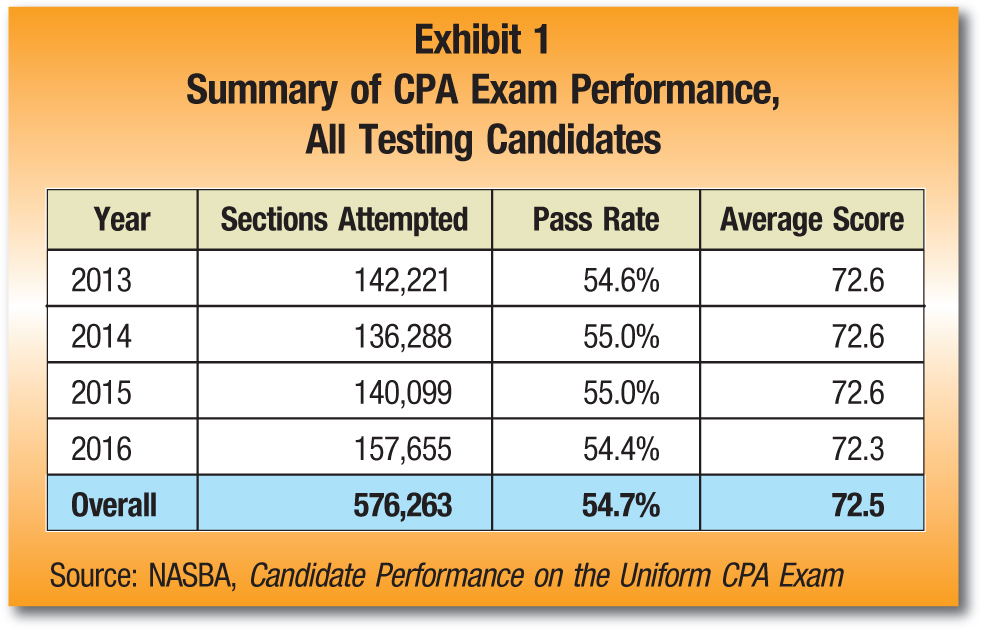
CPA requirements are different from one state. They generally include education and work experience. Find out how to become certified public accountant in Wisconsin. Here you will also find contact information for test centers and information. In some states, you will need to have work experience and continue education beyond the basic requirements. CPA certification requirements for Wisconsin are constantly updated.
Experience requirements
Experience requirements for the CPA exam in Wisconsin are determined by the type of work experience the applicant has. It could be in the private sector, government, or education. You must have demonstrated high levels of knowledge and ability. The applicant must fill out a licensure application and provide a transcript from each employer. A DSPS ethics examination must be passed by all applicants. The exam costs $75.
A bachelor's degree is required for the application process. The degree must have at least 150 semesters of accounting courses. All applicants must have at minimum one year of supervised working experience. Part-time work can also count towards the experience requirements.

Ethics exam
The CPA ethics exam is not a difficult test. This multiple choice exam covers professional ethics principles. The majority of the questions can be found in college ethics courses or on the REG section of the core exam. The exam covers subjects that every CPA should be familiar with. If you have questions about the exam or how to prepare, contact the AICPA Service Center Operations for help.
The state requires applicants to complete the CPA ethics exam. The open-book exam contains 50 multiple-choice questions. The DSPS administers this exam to candidates who have applied for a CPA License and satisfied all licensing requirements. The exam is $75.
Education requirements
The state requires that you meet certain education requirements in order to become a Wisconsin CPA. Wisconsin's minimum requirement for continuing education (CPE), is 80 hours. You must complete at least 40 hours of CPE in formal learning activities. Additionally, you must take at least three ethics classes.
To be eligible for the CPA exam in Wisconsin, you'll need a bachelor's degree from an accredited university or college. The accredited bachelor's degree program you earned must have been a four-year degree. On your application, you will need to provide official transcripts from each school. If you need accommodations, you will also need to submit a Request for Testing Accommodations Form.

CPE requirements
Wisconsin's CPE requirements to become an accountant are very low in comparison to many other states. Although there are no specific courses or areas of interest, the State Board of Accountancy recognizes courses approved by NASBA sponsor. In addition, non-resident licensees can meet the Wisconsin CPE requirements by meeting their jurisdiction's requirements.
Non-residents could meet Wisconsin training requirements if they met the requirements for another state. But, they cannot repeat the course during the compliance period. To earn CE credit, you must pass the final exam with a score at least seventy-five percent. Students are not allowed to access course materials during the exam. Candidates who fail the final exam must apply again and pay the retake fees. They will be assigned a brand new test following the retake.
FAQ
What does reconcile account mean?
It involves comparing two sets. One set is called the "source," and the other is called the "reconciled."
The source consists of actual figures, while the reconciled represents the figure that should be used.
For example, suppose someone owes $50 but you only get $50. You would subtract $50 from $100 to reconcile the situation.
This ensures there are no errors in the accounting system.
What is the importance of bookkeeping and accounting?
Bookkeeping and accounting is essential for any business. They help you keep track of all your transactions and expenses.
They also make it easier to save money on unnecessary purchases.
Know how much profit you have made on each sale. You will also need to know who you owe.
You can raise your prices if you don’t have enough cash coming in. But, raising prices too high could result in customers being turned away.
You may be able to sell some inventory if you have more than what you need.
If you don't have enough, you can cut back on some services or products.
All these things will affect your bottom line.
What is bookkeeping exactly?
Bookkeeping is the act of keeping track of financial transactions, whether they are for individuals or businesses. It includes all business expenses and income.
All financial information is kept track by bookkeepers. These include receipts. Invoices. Bills. Payments. Deposits. Interest earned on investments. They also prepare tax returns as well other reports.
What is the difference between bookkeeping and accounting?
Accounting studies financial transactions. Bookkeeping records these transactions.
These are two related activities, but separate.
Accounting deals primarily with numbers, while bookkeeping deals primarily with people.
To report on the financial health of an organization, bookkeepers must keep track of financial information.
They adjust entries in accounts receivable and accounts payable to make sure that the books balance.
Accountants analyze financial statements to determine whether they comply with generally accepted accounting principles (GAAP).
If they don't, they might suggest changes to GAAP.
Bookkeepers keep records of financial transactions so that the data can be analyzed by accountants.
What is the difference in Chartered Accountant and a CPA?
Chartered accountants are accountants who have passed all the necessary exams to get the designation. A chartered accountant is usually more experienced than a CPA.
Chartered accountants are also qualified to offer tax advice.
The course of chartered accountantancy takes approximately 6 years.
Statistics
- BooksTime makes sure your numbers are 100% accurate (bookstime.com)
- According to the BLS, accounting and auditing professionals reported a 2020 median annual salary of $73,560, which is nearly double that of the national average earnings for all workers.1 (rasmussen.edu)
- In fact, a TD Bank survey polled over 500 U.S. small business owners discovered that bookkeeping is their most hated, with the next most hated task falling a whopping 24% behind. (kpmgspark.com)
- Given that over 40% of people in this career field have earned a bachelor's degree, we're listing a bachelor's degree in accounting as step one so you can be competitive in the job market. (yourfreecareertest.com)
- Employment of accountants and auditors is projected to grow four percent through 2029, according to the BLS—a rate of growth that is about average for all occupations nationwide.1 (rasmussen.edu)
External Links
How To
Accounting for Small Business
Accounting for small businesses should be one of your most important tasks when managing a business. This includes tracking income and expenses, preparing financial statements, and paying taxes. This task also requires the use of software programs, such as Quickbooks Online. You have many options when it comes to accounting for small businesses. You must choose the right method for you, based on your requirements. Below is a list of top methods that we recommend.
-
Use paper accounting. You might prefer to use paper accounting, which can be very simple. This method is very simple. You simply need to record transactions every day. An accounting program such as QuickBooks Online can help you ensure your records are accurate.
-
Use online accounting. Online accounting is a way to have easy access to your accounts no matter where you are. Some popular options include Xero, Freshbooks, and Wave Systems. These software allows you to manage your finances and generate reports. They have many great features and are very easy to use. These programs are a great way to save time and cash on your accounting.
-
Use cloud accounting. Another option you have is cloud accounting. You can store your data securely on a remote server. Cloud accounting has many advantages when compared to traditional accounting software. First, it does not require you to buy expensive hardware or software. Your information is kept remotely and offers you better security. It saves you the hassle of backing up your data. Fourth, it makes sharing files easier.
-
Use bookkeeping software. Bookkeeping software is similar to cloud accounting, but it requires you to purchase a computer and install the software on it. After installing the software, you will be able to connect to the internet so that you can access your accounts whenever you want. You will also have the ability to access your accounts and balances directly from your PC.
-
Use spreadsheets. Spreadsheets are used to enter your financial transactions manually. For example, you can create a spreadsheet where you can enter your sales figures per day. Another benefit of using a spreadsheet is the ability to make changes at will without needing an entire update.
-
Use a cash book. A cashbook allows you to record every transaction. Cashbooks come with different sizes and shapes, depending on how many pages you have. You have the option of using a different notebook for each month, or a single notebook that covers several months.
-
Use a check register. A check register is a tool that helps you organize receipts and payments. Simply scan your items into your scanner to transfer them to the check register. Notes can be added to the items once they are scanned.
-
Use a journal. A journal is a type of logbook that keeps track of your expenses. This works best if you have a lot of recurring expenses such as rent, insurance, and utilities.
-
Use a diary. You can simply use a diary to keep track of your life. It can be used to track your spending habits and plan your finances.